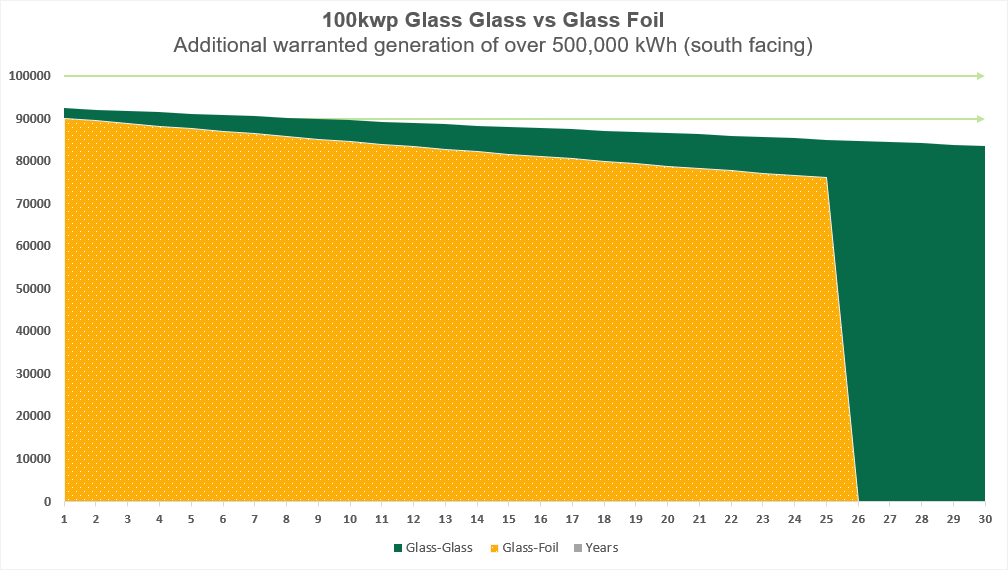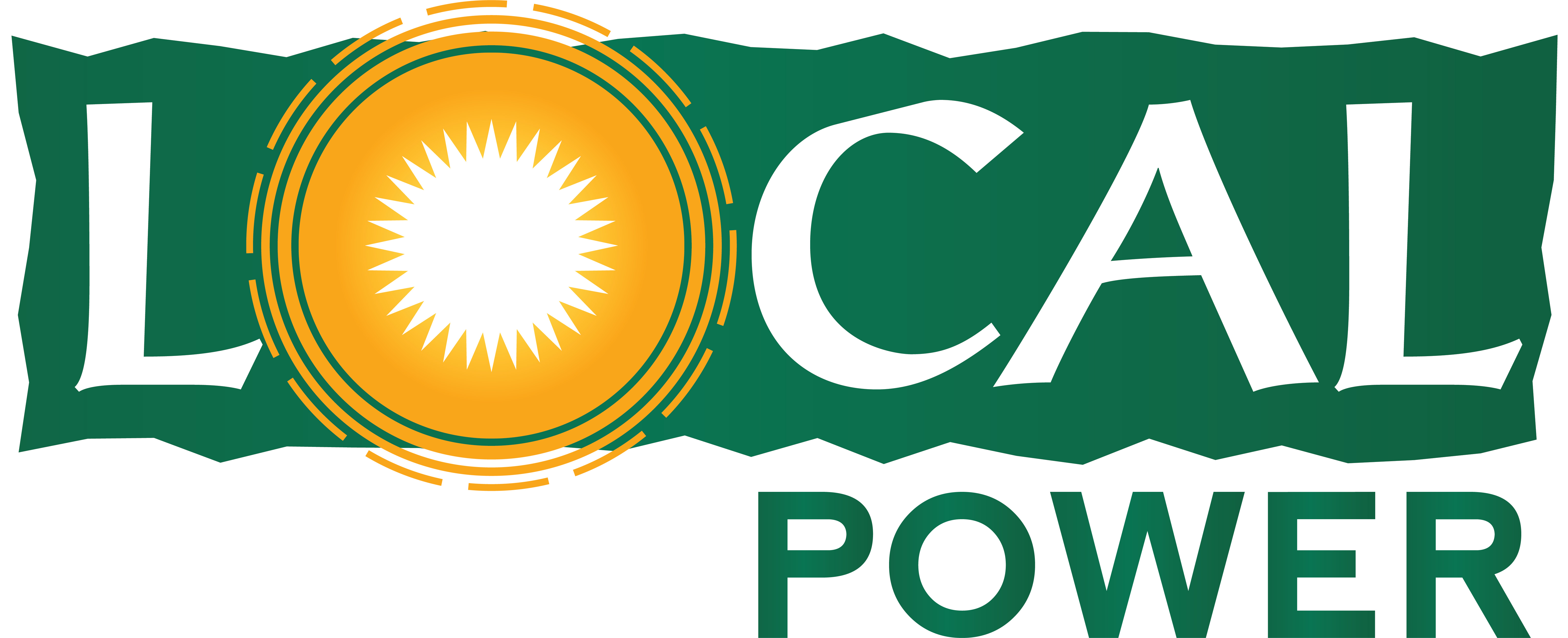Do solar panels pay for themselves?
The increased emphasis on sustainability, in addition to the volatile electricity costs over the last few years, has led many businesses to consider solar panels. One of the most common questions is whether these solar installations truly offer value for money. In other words, do they pay for themselves?
Understanding the payback period of solar
The simple answer is, yes, solar panels do pay for themselves. The average payback time for a typical commercial solar installation is roughly 3-4 years. This period can be thought of as the time taken for your electricity bill savings to cover your final system cost, after grant and tax benefits.
However, there are variables at play:
- Electricity rates: Higher electricity rates can lead to quicker paybacks as you’re saving more with each unit of solar electricity produced.
- System efficiency: The efficiency and type of solar panels chosen will impact the amount of electricity they generate. More efficient panels might come with a higher upfront cost but can lead to quicker payback periods due to higher electricity production.
- Location: The geographical location of the installation affects the amount of sunlight the panels receive. Naturally, regions with more consistent sunlight will see a faster return on investment.
A promise of longevity and efficiency
While understanding the payback period is vital, the story doesn’t end there. When assessing the economic viability of solar panels, it’s essential to consider the longevity and efficiency of the system over its lifetime.
With a thirty-year product and performance warranty, such as that offered with Solarwatt panels, businesses can be confident that their solar panels will continue to provide significant savings for many years after they’ve recouped their investment.
For instance, consider the glass-glass Solarwatt panels mentioned. Even after 30 years, they’re guaranteed to be producing at 87% of what they did year 1. This enduring efficiency is due to an exceptionally low degradation rate of just 0.345% per annum. In practical terms, this means significant extra generation over the lifetime of the panels when compared to the typical glass-foil panels available on the market, as demonstrated in the graphic below:

Other financial benefits to solar
Beyond the direct savings on electricity bills, solar panels can introduce other financial incentives:
- Government incentives: Many governments offer tax credits, rebates, or feed-in tariffs for solar panel installations, further reducing the effective payback period. In Ireland, businesses can benefit from the Non-Domestic Microgen Grant, which provides support to businesses who want to install solar on site.
- Increased value: Numerous studies have shown that businesses equipped with solar panel systems have a higher resale value and sell more quickly than properties without solar.
- Selling Back to the grid: Since 2022 businesses with solar panels have been able to sell excess energy back to the grid at a reduced price.
Conclusion
In conclusion, while the initial investment for solar panels might seem significant, the long-term benefits unequivocally prove their worth. Not only do they pay for themselves within a reasonable period, but the continued savings, coupled with various other financial incentives, make solar panels a wise and sustainable investment for the future.


